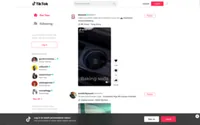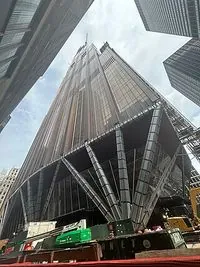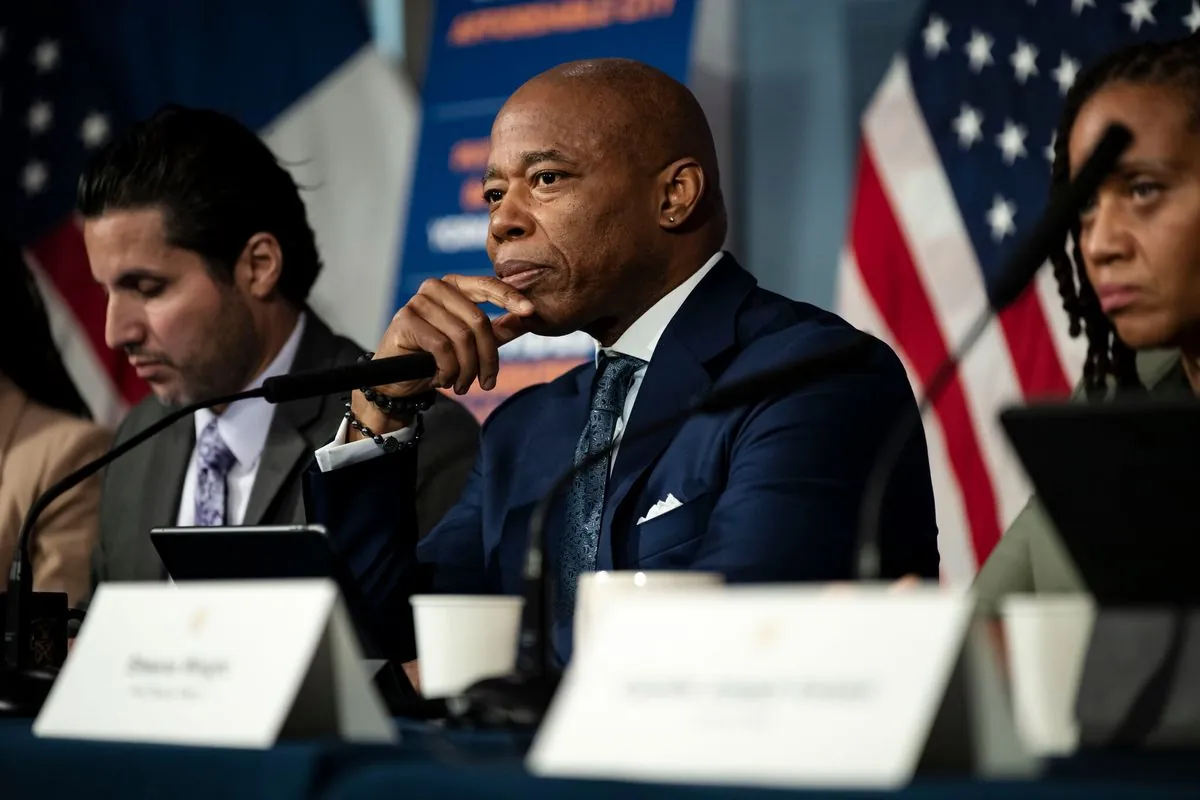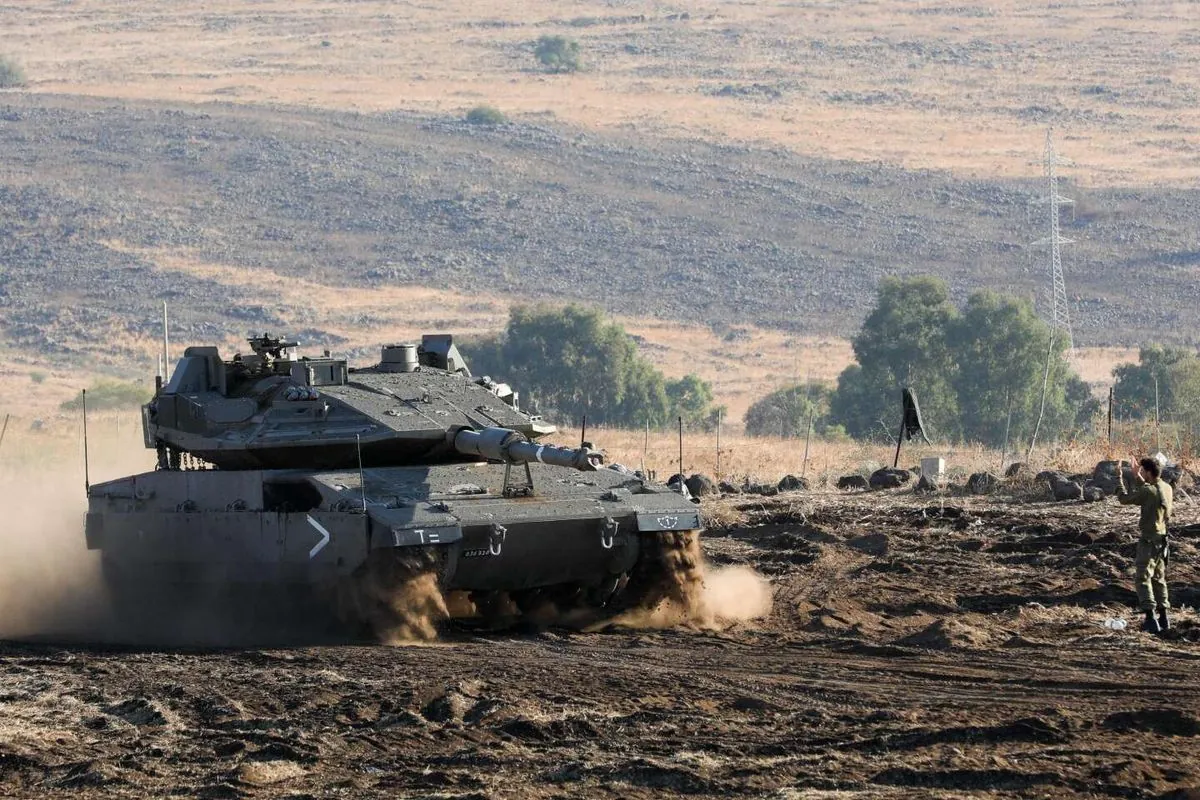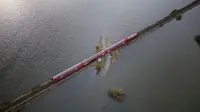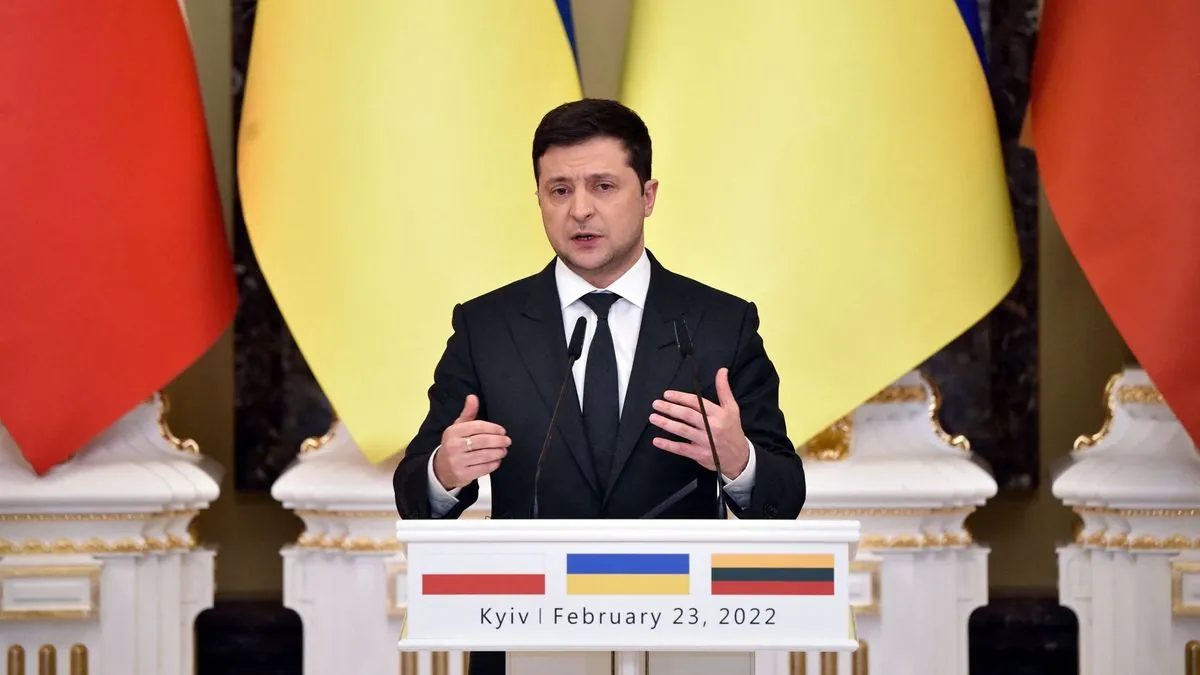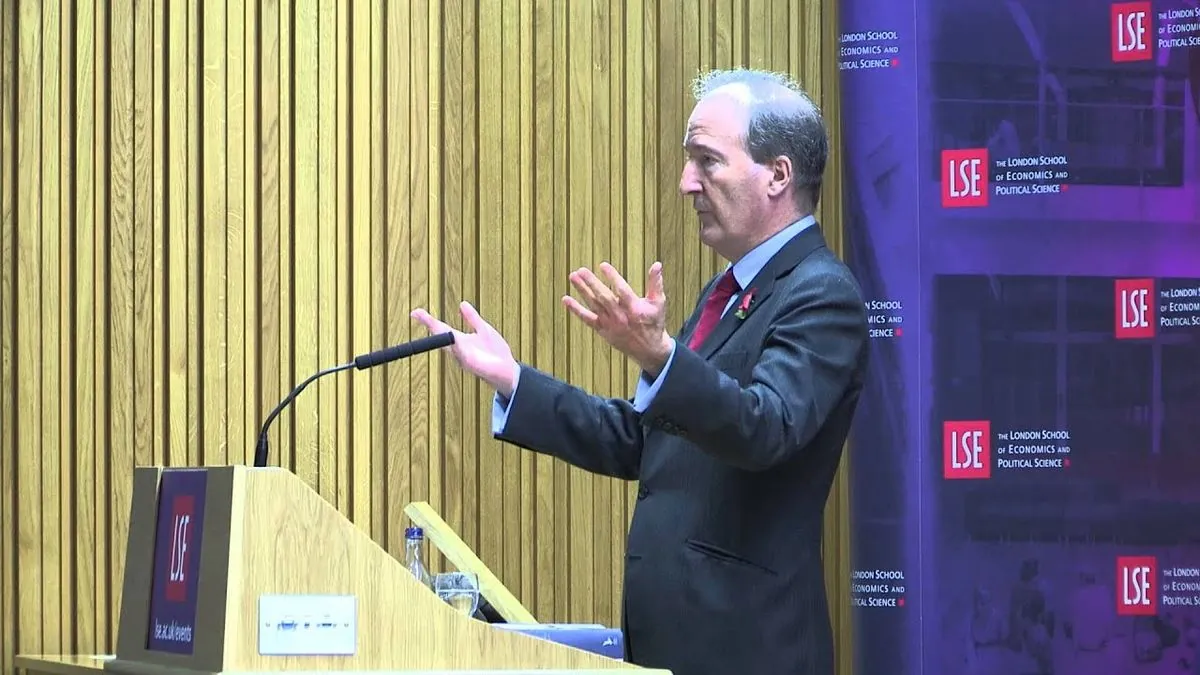Hezbollah's Request for Iranian Attack on Israel Denied, Officials Say
Hezbollah urged Iran to strike Israel, but the request was refused due to diplomatic timing. Tensions escalate as cross-border attacks continue between Hezbollah and Israeli forces.
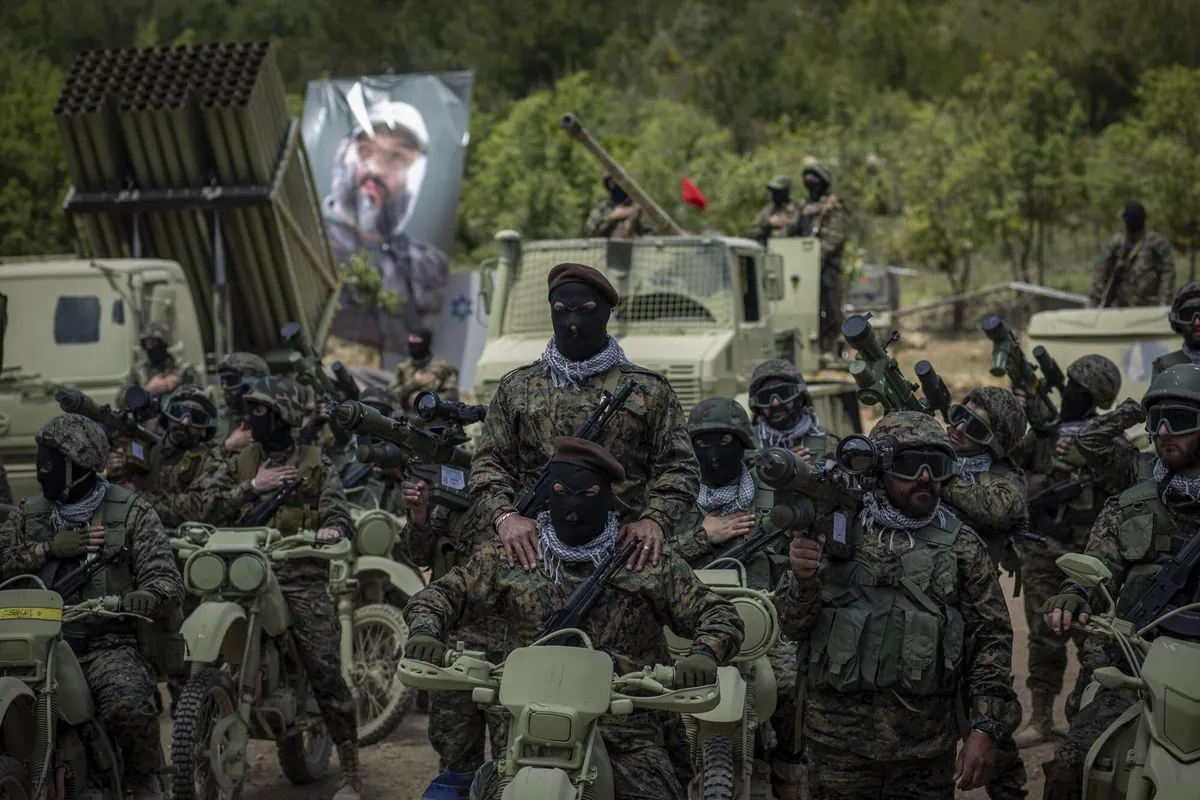
According to two Israeli officials, Hezbollah recently urged Iran to launch an attack on Israel, but the request was declined due to unfavorable timing. The officials, speaking to Axios, revealed that the appeal was rejected because Masoud Pezeshkian, the Iranian president, is currently in New York for the United Nations General Assembly.
The request from Hezbollah was reportedly made in retaliation for the death of Ismail Haniyeh, Hamas's political leader, who was killed in Tehran two months ago. This incident has heightened tensions in the region, with both Hezbollah and the Israeli military engaging in cross-border rocket exchanges for three consecutive days.
Pezeshkian addressed reporters on Monday, accusing Israel of provoking a wider regional conflict through its attacks on Hezbollah in Lebanon. However, he emphasized that Iran is cautious about falling into this "trap."
A senior Israeli official stated that the Israel Defense Forces (IDF) had been instructed to avoid actions that might give Iran a reason to join the escalating conflict. This directive comes as Iran's top officials have repeatedly vowed to retaliate for the killing of Hamas's leader on Iranian soil in July, although a large-scale response has yet to materialize.
In April, Iran launched its first direct attack on Israel, firing over 350 projectiles, most of which were intercepted by Israel and a US-led coalition. This event marked a significant escalation in the long-standing hostility between Iran and Israel, which has persisted since the 1979 Iranian Revolution.

Speaking to CNN, the Iranian president reiterated his country's support for Hezbollah, criticizing Western nations for backing Israel in its defense following the October 7 Hamas terror attacks. These attacks were the deadliest against Israel since its founding, leading to a significant military response.
"Hezbollah cannot stand alone against a country that is being defended and supported and supplied by Western countries, by European countries and the United States."
Hezbollah initiated attacks on Israel on October 8, 2023, a day after the Hamas terror attacks. Tensions escalated further last week when a series of explosions killed dozens of Hezbollah fighters and injured thousands more.
In response, Israel launched "Operation Northern Arrows" on Monday, targeting Hezbollah positions in Lebanon. Lebanese health authorities report that at least 600 people have been killed in this operation.
The ongoing conflict highlights the complex geopolitical landscape of the region, with Hezbollah, a Shia Islamist political party and militant group, receiving significant support from Iran since its founding in 1982. The situation is further complicated by the presence of the United Nations Interim Force in Lebanon (UNIFIL) operating along the Israel-Lebanon border, and the ongoing disputes over territories such as the Golan Heights.
As the conflict continues, the international community watches closely, with particular attention to Israel's multi-layered missile defense system, including the Iron Dome, which has played a crucial role in intercepting incoming rockets. The situation remains tense along the Blue Line, the border demarcation between Lebanon and Israel established by the UN in 2000, as both sides remain on high alert.





















